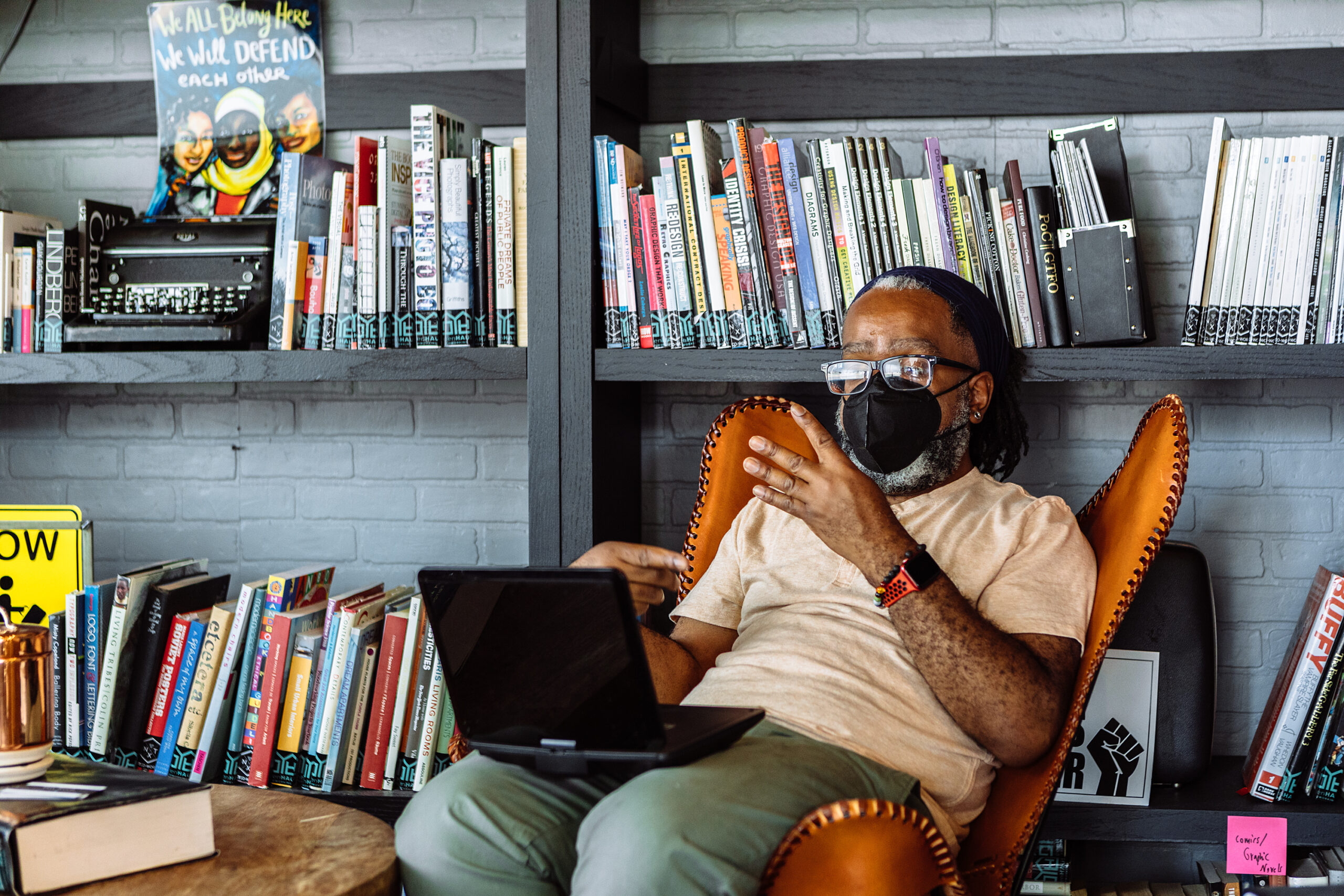Update
Success! Remote Participation Confirmed as Reasonable Accommodation for Public Meetings in California
With support from Lt. Governor Eleni Kounalakis, and an advocacy push led by DREDF, we succeeded in getting Attorney General Rob Bonta to issue an Attorney General Opinion stating that remote participation can be a reasonable accommodation under Title II of the Americans with Disabilities Act. This opinion will allow many disabled people to join and rejoin local boards and commissions.
Update
The comment period is now closed. You can read DREDF’s comments.
At the request of Lieutenant Governor Eleni Kounalakis, Attorney General Rob Bonta is writing an opinion letter on whether public entities are “required to offer remote participation as a reasonable accommodation under the Americans with Disabilities Act (ADA) to members of boards and commissions regulated by the Brown Act open meetings law?”
Our answer is YES, and we need your help! Tell Attorney General Bonta by February 5, 2024, that remote participation is a reasonable accommodation – AND that people with disabilities who need to participate remotely should not be subjected to burdensome requirements.
How to submit a comment
Send an email to Deputy Attorney General Catherine Bidart at Catherine.Bidart@doj.ca.gov no later than February 5, 2024.
In the email: (1) Introduce yourself. (2) Say that remote participation must be granted under the Americans with Disabilities Act (ADA) to include disabled people. (3) Say that people with disabilities who need to participate remotely should not be required to open their homes to the public.
Sample Comment
My name is [Jennifer Yang], and I am a [person with a disability]. I am a [Community Organizer at the Disabled People’s Union].
I am writing to urge Attorney General Bonta to write an opinion stating that it is a reasonable accommodation to allow members of Brown Act boards and commissions to participate remotely as a reasonable accommodation under the Americans with Disabilities Act (ADA).
Remote participation protects people with disabilities who are at risk from severe outcomes from COVID-19, RSV, and other infectious diseases. Disabled people may also need to participate remotely because they cannot travel or need to be at their homes due to their disabilities.
During the pandemic, public meetings subject to the Brown Act were mostly held over Zoom. But now, with the end of the official public health emergency, municipalities have begun requiring that all members attend meetings in person – even people who need to participate remotely due to their disabilities. As a result, disabled people are being forced to step down from boards and commissions. This is not right. People should be able to participate remotely as a reasonable accommodation under the ADA.
Further, people with disabilities should not be burdened or punished for needing to participate remotely. For example, they should not be required to open their homes to the public. That is dangerous, intrusive, and burdensome, and against the rules of the ADA.
Thank you for considering my comment,
[Jennifer Yang]
